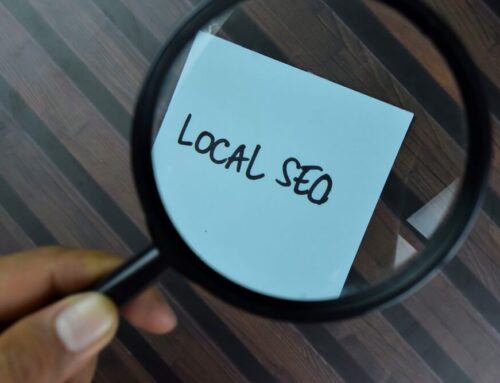Don’t trust what you’ve heard — links are still king when it comes to search engine optimization.
Everyone wants to get a high click-through rate and a good spot in Google’s search algorithm. But, when it is generally accepted in the industry that Google uses approximately 200 ranking factors to rank websites — and some of these are proven, some are controversial and some are purely nerd-based conjecture — it can be hard to know which factors to focus on when it comes to your search engine optimization (SEO).
So, what is most important to Google?
“It is content,” said Google Search Quality Senior Strategist Andrey Lipattsev. “And, it’s links pointing to your site.”
I’ve heard people foolishly suggest links aren’t important anymore. There’s a new way of doing SEO, without links. This is wrong, and it’s dangerous advice. Keep in mind what Andrey Lipattsev said.
We tend to almost always come back to links, as they feature largely and very importantly in the 200 or so ranking signals, such as:
- The volume of external links you have. The more, the better.
- The anchor text of the external links. Links with SEO-focused anchor text need to be relevant to the target page.
- The quality of external link sources. It’s better to get a link from a reputable news source or academic journal than an unknown blog.
Links have always been a valuable aspect of an SEO strategy, and many SEO agencies focus on building relevant links to get first page search results on Google. That’s because there is a strong correlation between great SEO results (specifically keyword ranks) and the quality and volume of links to a site.
Keep in mind, however, that while links may lead the pack, content, Moz Authority and page authority have significant value and must be considered for any SEO strategy to be successful.
Content marketing and SEO
SEO and content marketing are distinguished from one another in several critical areas, but you can’t separate the two entirely. SEO is generally narrower, and more technical, while content marketing is broader and more holistic — kind of like how a square is a rectangle, but a rectangle is not necessarily a square. Here’s how they converge:
You can apply SEO more broadly by channeling its specific technical endeavors into content marketing.
The only way to ensure the success of content marketing is to apply SEO techniques.
Another way to look at it is like this: SEO makes demands. Content marketing fulfills those demands. SEO states the requirements. Content marketing fulfills them.
2017 algorithm updates
In January, Google started rolling out a penalty to punish aggressive interstitials and pop-ups that might damage the mobile user experience. Google also provided a rare warning of this update five months in advance.
There will no doubt be many further algorithm updates throughout 2017, but the success of your SEO campaigns will largely be governed by how focused your SEO strategy is on links and content.










